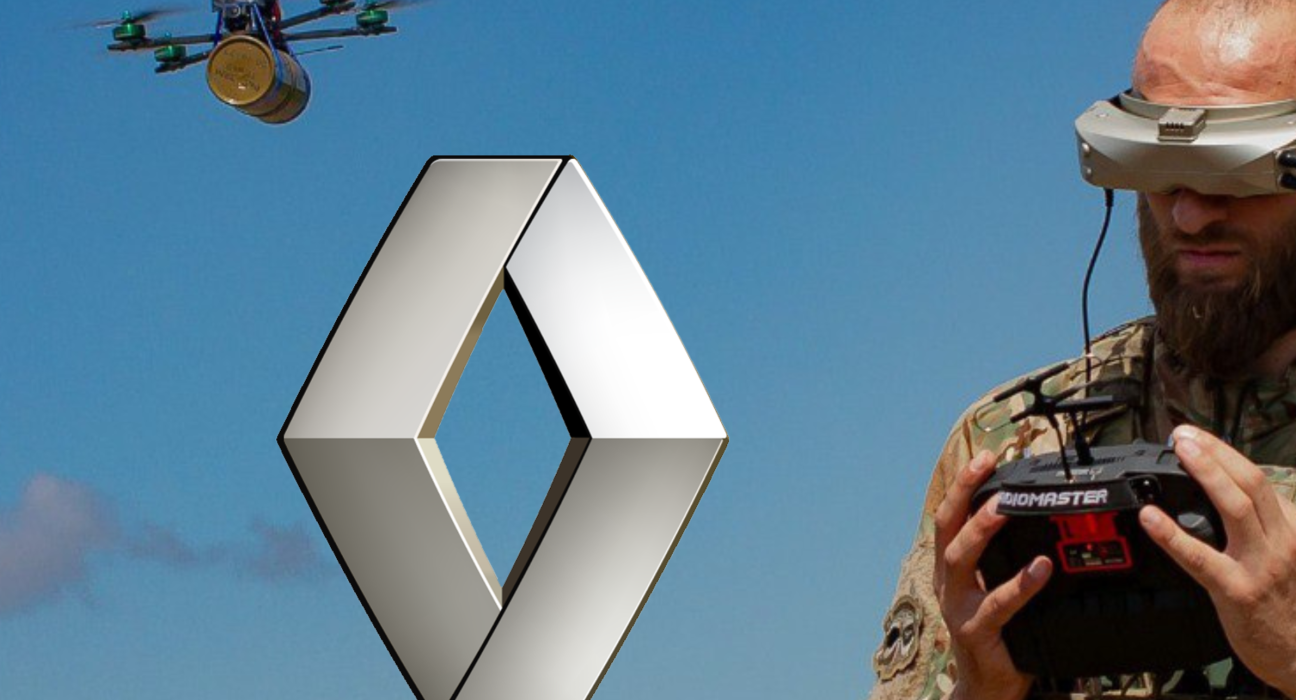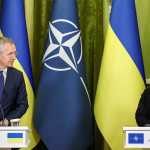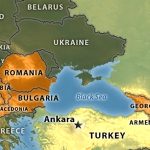The world has seen the capability of drones in three wars: the Russia-Ukraine war, the India-Pakistan tension and the Iran-Israel war. Countries worldwide have started investing in innovation and the production of drone capability and capacity. In what could mark a historic turning point for President Emmanuel Macron’s “war economy” doctrine, French automaker Renault is expected to enter the drone sector.
Is it just a rumour?
Initially, Renault’s official stance remains cautious — stating only that “discussions have taken place, but no decision has been made at this stage” — the implications are already echoing across France’s political, industrial, and security landscapes.
As a turning point, Defence Minister of France, Sébastien Lecornu’s June 6 statement hinted at the significance of this development: “This is a completely unprecedented partnership. And, yes, our own armed forces will also benefit from the drones to maintain tactical realism in their training.”
Later, In a move both symbolically powerful and operationally bold, Renault has confirmed that it is in talks with France’s Ministry of the Armed Forces to set up drone production lines in war-torn Ukraine.
Also, the news — initially dismissed as rumour — is now gaining traction as credible sources inside Renault group confirming internal alerts following increased threat vectors linked to potential Russian cyber retaliation.
The New Arsenal: From Automobiles to UAVs
If finalised, the partnership would see Renault collaborate with a yet-unnamed French defence SME to produce tactical drones intended primarily for Ukrainian forces. The proposed assembly lines — potentially located “tens or hundreds of kilometres” from the front line, according to Franceinfo — represent not just a show of solidarity but also a deepening of Franco-Ukrainian defence ties.
Macron’s post-Ukraine-invasion doctrine, unveiled in June 2022, called for France to transition into a “war economy” — flexible, rapid, and strategically integrated. Until now, that transition has mostly taken the form of ramped-up budgets and procurement acceleration. Renault’s entrance into drone manufacturing, especially in a warzone, marks a practical leap from doctrine to deployment.
Renault’s Cybersecurity on High Alert
However, this industrial move does not come without risks. Sources inside Renault have raised alarms over the possibility of retaliatory Russian cyberattacks. The group is on high alert, with Renault moving into the war theatre, cyber operations against their networks are no longer a theoretical risk — they are imminent.
Russia has previously launched cyber campaigns against Western critical infrastructure, and defence-linked corporations have often been high-priority targets. Renault’s dual identity — as a civilian brand and potential military supplier — makes it a uniquely vulnerable node in the digital war.
Why to choose Ukraine?
“The Ukrainians are ahead of us in innovation and tactical deployment,” Lecornu admitted — a rare public concession that highlights why France is now seeking industrial synergy with Kyiv.
The urgency is not one-sided. Ukraine is expected to deploy over 4.5 million drones this year, making it a global frontrunner in drone warfare. France, by contrast, lags with only a few thousand drones in active service.
If confirmed, this Renault-led venture may be remembered not just as a business pivot but as the true operational beginning of France’s war economy.




